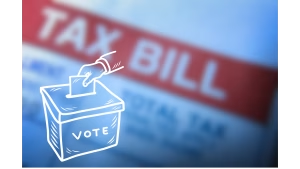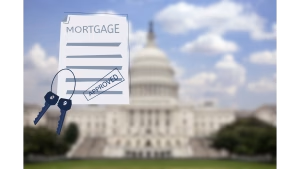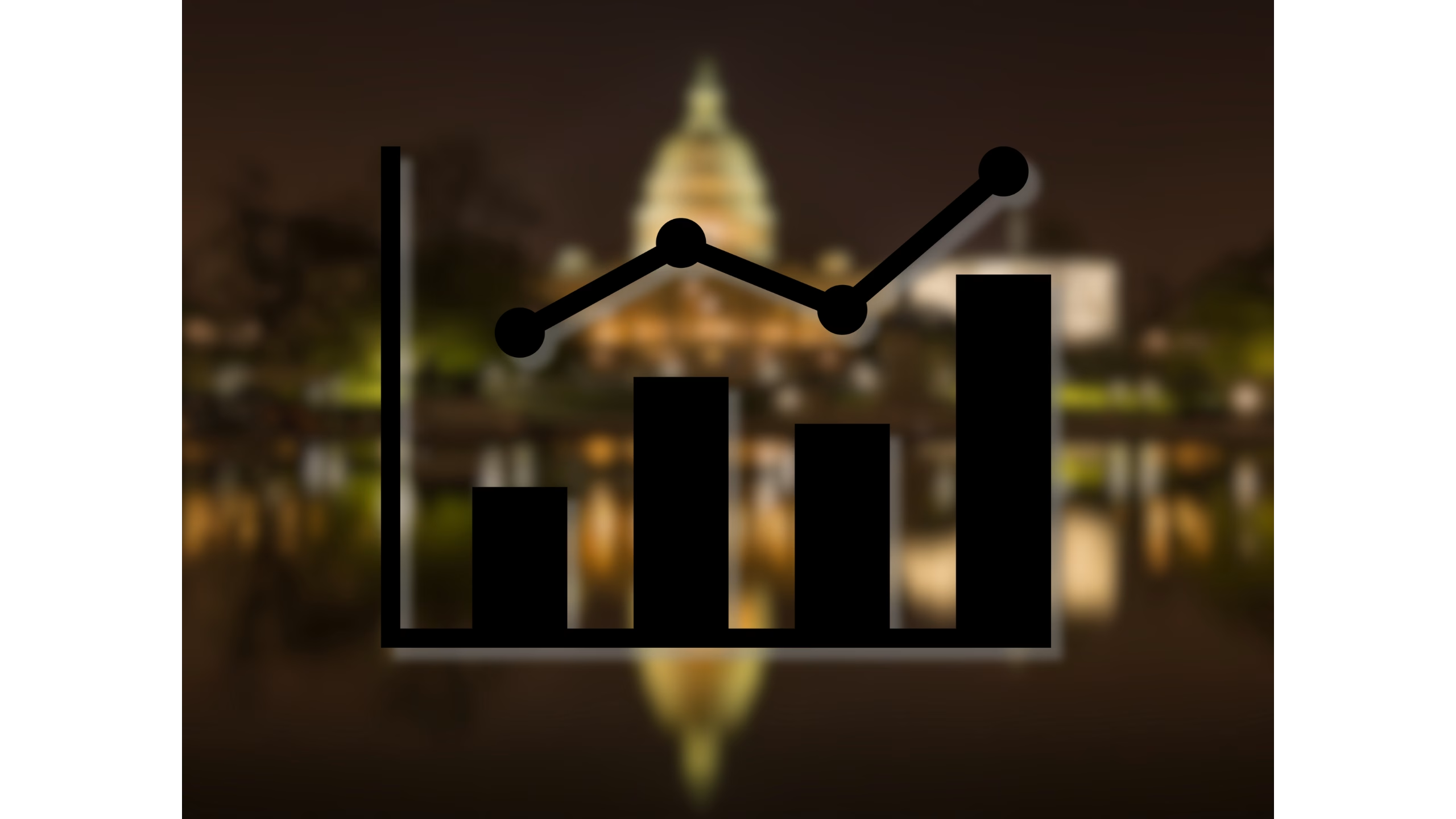Politics and real estate might seem like two separate worlds—but when new policies roll out, homeowners, buyers, and investors often feel the impact first.
From taxes to zoning to affordable housing initiatives, shifts in local, state, or federal leadership can create ripple effects throughout Chicago’s housing market.
Let’s take a closer look at how recent and potential political changes could shape real estate in the city—and what you should be paying attention to.
1. Property Taxes Are Always on the Ballot (Directly or Indirectly)
Elected officials have the power to adjust tax rates, set spending priorities, and propose new levies to fund city projects. When budgets tighten, property owners often end up footing the bill.

Cook County reassessments, school district budgets, and city-level revenue gaps can all impact what you pay.
2. Affordable Housing Measures Could Shift Market Dynamics
Candidates and policymakers are increasingly focused on affordable housing—especially as rent prices rise and housing inventory tightens.
Possible policy actions include:
- Inclusionary zoning (requiring affordable units in new developments)
- Incentives for developers to build low- and mid-income housing
- Rent control proposals in specific districts

Depending on how they’re implemented, these policies could affect both developers and property values.
3. Real Estate Transfer Tax Proposals Are Heating Up
There’s ongoing discussion about increasing Chicago’s real estate transfer tax—particularly on high-value properties—to support public housing and homelessness programs.

If passed, this could influence luxury home sales and investment property activity.
4. Zoning Reform Could Create New Opportunities (or Challenges)
Changes to zoning laws can unlock new development zones, allow for mixed-use buildings, or increase density in residential neighborhoods. But they can also create uncertainty for current owners.

Watch closely for updates to accessory dwelling unit (ADU) policies, parking minimums, and neighborhood rezoning plans.
5. Lending and Investment Rules May Shift Nationally
At the federal level, elections can bring changes to:
- Mortgage regulations (via HUD or FHA)
- Capital gains rules for investment property sales
- 1031 exchange laws
- First-time homebuyer assistance programs

Staying informed means knowing how these changes might alter your financing, tax planning, or investment strategy.
Bottom Line: Stay Informed, Stay Ahead
Political change is constant—but in real estate, it pays to be proactive, not reactive. Whether you’re a buyer, seller, investor, or developer, understanding how current and future policies may affect your move can save you time, money, and stress.
Have questions about how the latest political updates could impact your real estate plans? Reach out today and we’ll break it down for you—Chicago style.





